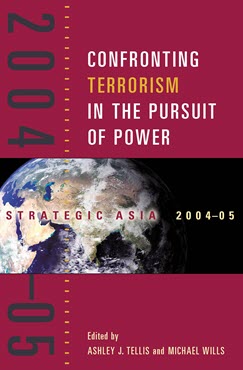Japan
Between Alliance and Autonomy
While appearing to be more nationalistic and less reluctant to engage international security challenges, Japan continues to pursue a comprehensive strategy integrating its security and economic interests.
While appearing to be more nationalistic and less reluctant to engage international security challenges, Japan continues to pursue a comprehensive strategy integrating its security and economic interests. It has recalibrated this strategy by expanding defense cooperation with the United States, becoming more assertive about defending its own territory, providing non-combat support in the war on terrorism, and promoting East Asian economic integration. Despite widespread public opposition to the U.S.-led war against Iraq, Prime Minister Koizumi Junichiro has so far minimized the political backlash against his support for the Bush administration’s policies. By bolstering its alliance with the United States, Japan has also gained greater maneuverability to pursue a more autonomous foreign policy in Asia and beyond. Through a multifaceted approach, Japan seeks to cultivate an East Asian environment that is more hospitable to its long-term economic and security interests.
Strategic Asia
The Strategic Asia annual edited volume incorporates assessments of economic, political, and military trends and focuses on the strategies that drive policy in the region. Learn more about Strategic Asia.


